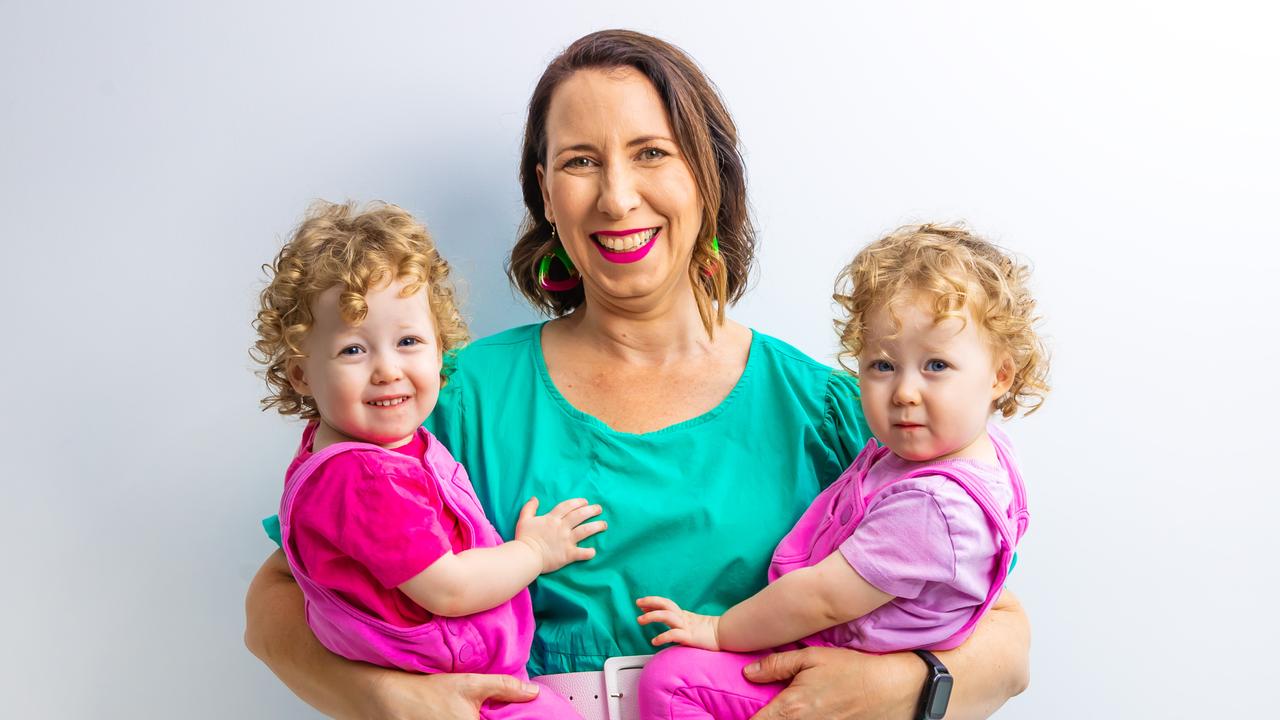The one thing that has changed life for sex workers
'It’s hard to explain to friends and most of us keep it quiet from family'
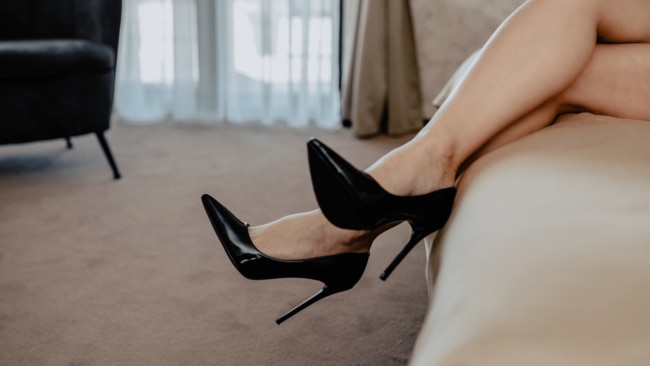
Lifestyle
Don't miss out on the headlines from Lifestyle. Followed categories will be added to My News.
How has decriminalising brothels changed life for sex workers? According to Holly*, a Melbourne-based sex worker, it's changed everything.
31-year-old Holly has been in the same industry for the last 11 years, and in the same job for the past eight.
She says it’s a career that offers her the flexibility to work the hours she wants and the chance to make more money to afford “the nicer things in life.”
“Clothes, holidays, and money in the bank,” she tells Body+Soul. “I’ve also got a great management team who really care about you and I’ve made many friendships with great girls.”
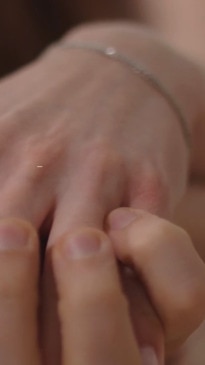
For the Melbourne-based woman, it’s the balance that suits her and her lifestyle. But it’s a role that Holly still finds tricky to talk about.
“It’s hard to explain to friends and most of us keep it quiet from family,” she explains “It’s also easier having friends in the industry for that reason.”
Yet Holly is hopeful that things may be about to change, because as of December 1 sex work was completely decriminalised in Victoria.
“The new laws have destigmatised our work which I hope will, over time, remove the shame and stigma,” she says. “I love being in the sex industry and my day as a sex provider means no two days are the same, which is exciting.
“I get to spend time with some great men – of all different nationalities and ages – and listen to them talk about their life and they listen to me talk about mine.”
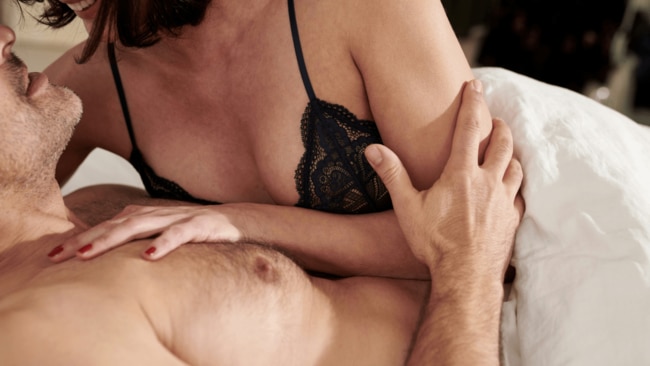
What has happened?
In February 2022, the Sex Work Decriminalisation Act 2022 was passed into law by the Victorian Parliament but it’s taken almost two years for the full raft of changes to be implemented with the final legal phase only coming into place just before Christmas.
The new law recognises that sex work is legitimate work and ensures that it is better regulated through standard business laws to ensure workers’ safety, health and human rights.
The change also removes extra legislation and regulation for the 37 brothels already operating in Victoria – and for anyone thinking of setting up shop – while reducing fear of criminal repercussions for everyone involved.
Essentially, sex work in Victoria is now treated like any other business in the state, which evened the playing field for former AFL player turned playboy Warwick Capper to buy up a brothel.
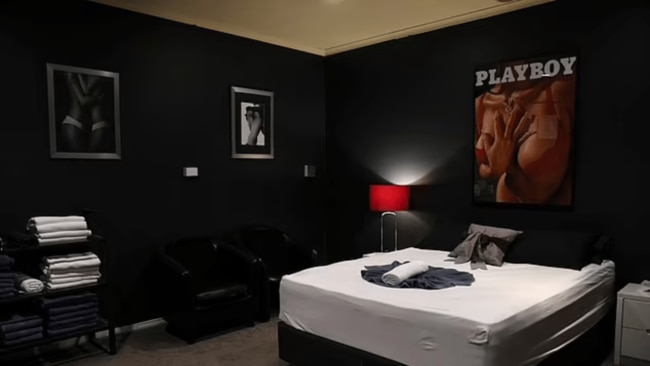
In 2023, the ex-footy star, who says he’s been a “celebrity sex symbol since the 80s”, became a co-owner of Westminster Secrets in Melbourne’s southeast, and Holly’s boss.
“I’ve had a bit of experience in the adult sector activities,” the now 60-year-old tells Body+Soul, with a nod to his wild past.
“Being well experienced with my own sex tape, working as a stripper and posing for Penthouse, this was an ideal chance to really get involved and be part of creating something memorable, like my big ‘specky’ back in my hay day.
“Moreover, the laws were changing which allowed a lunatic like me to be able to own such an establishment and I jumped at the chance to buy into my old Oakleigh neighbourhood.”

Capper explains that under the “old and rigid” system, prospective brothel owners had to be screened, checked and put through a long arduous process that usually took 12 months, while conditions of trade restricted hours, created extra hurdles and impacted workers’ rights.
“The laws were very limited and singled out brothels as needing extra vigilance,” he says, “and there were rules that made it really tough for girls to seek medical treatment or services and not feel judged.”
Under the new system, sex workers have more agency to choose where they provide their services and their sexual health requirements, while being offered better access to healthcare and legal services without fear of self-incrimination.
Capper hopes it will bring sex work out of the dark ages.
“Before we operated like a secret business, with a lot of anonymity amongst our workers which really made it a bit shameful and private,” he explains. “It really was never a fair or even playing field.”

How is decriminalisation being felt on the ground?
The red tape that “wasted everyone’s time and money” has officially been cut and there’s a feeling that “big brother is no longer watching”.
“There’s no pressure as there was before,” Capper says. “Now we are ‘business as usual’ without the extra rules, legalities and intense stipulations, which makes running the business easier.
“But mostly, it has boosted the morale, taken away the stigma and recognised the profession as a normal job and a normal workplace.
He adds that for his girls it’s “an acknowledgment of their work as being of value and respected”, while it’s also been good news for Capper’s company’s bottom line.
“We’ve found that Westminster Secrets – which has been around since the 1980s – has become a more appealing business option and we’ve had lots of new girls come in who now want to work in the industry, or return to it,” he tells Body+Soul.
“There’s been a rise in calls and visits too and we’ve had a lot of regular customers and repeat business".
“It’s been really cool to know that we are providing an essential and valued service. We have NDIS customers and old fellas who otherwise would not have the companionship or intimacy, and there’s a lot of need out there.”

What about the rest of the country?
All up, there are currently 338 Brothel Keeping and Sex Worker Services Businesses in Australia, according to IBIS World – a 3.8 per cent increase from 2023.
Among the states with the highest number of brothels, Victoria tops the charts at 37, followed by New South Wales with 32 businesses and Queensland with 23.
However, each state and territory has its own laws and regulations, and with more than 20,000 sex industry workers across Australia, according to Criminal Defence Lawyers Australia, things can get messy.
Just like in Victoria, New South Wales also operates under a decriminalisation model, and brothels fall under local council planning regulations like any other business.
While in Queensland, the Northern Territory and the Australian Capital Territory, a licensing model is in play, which enables brothels to run if they have a licence and meet strict conditions.
However, while prostitution is legal in Western Australia and Tasmania, brothels aren’t. They’re also illegal in South Australia, as is receiving money from the prostitution of another person and procuring.
With Victoria often on the front foot when it comes to progressive reform, it will be interesting if more conservative states follow suit – and the impact that will have on sex workers nation-wide.
More Coverage
Originally published as The one thing that has changed life for sex workers



